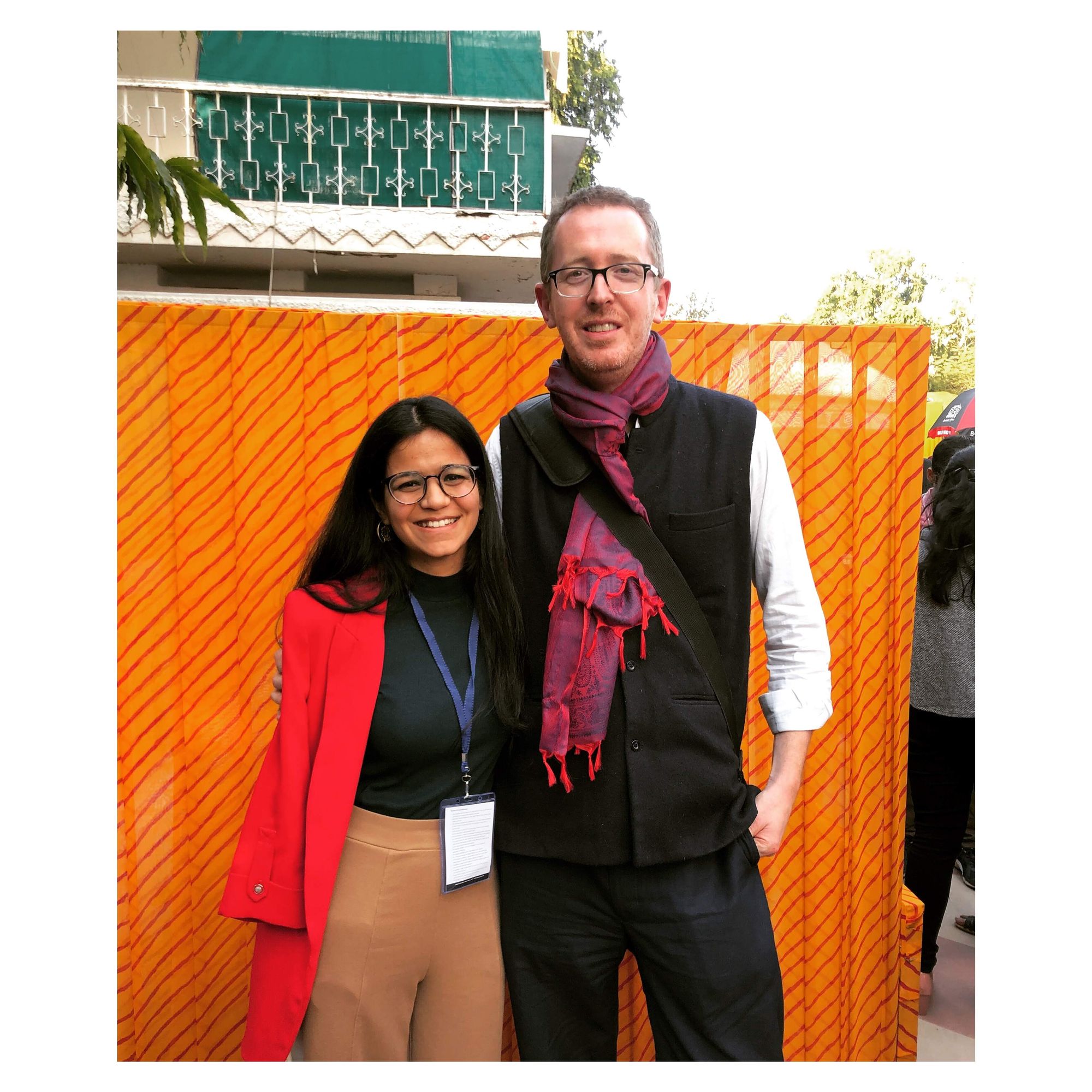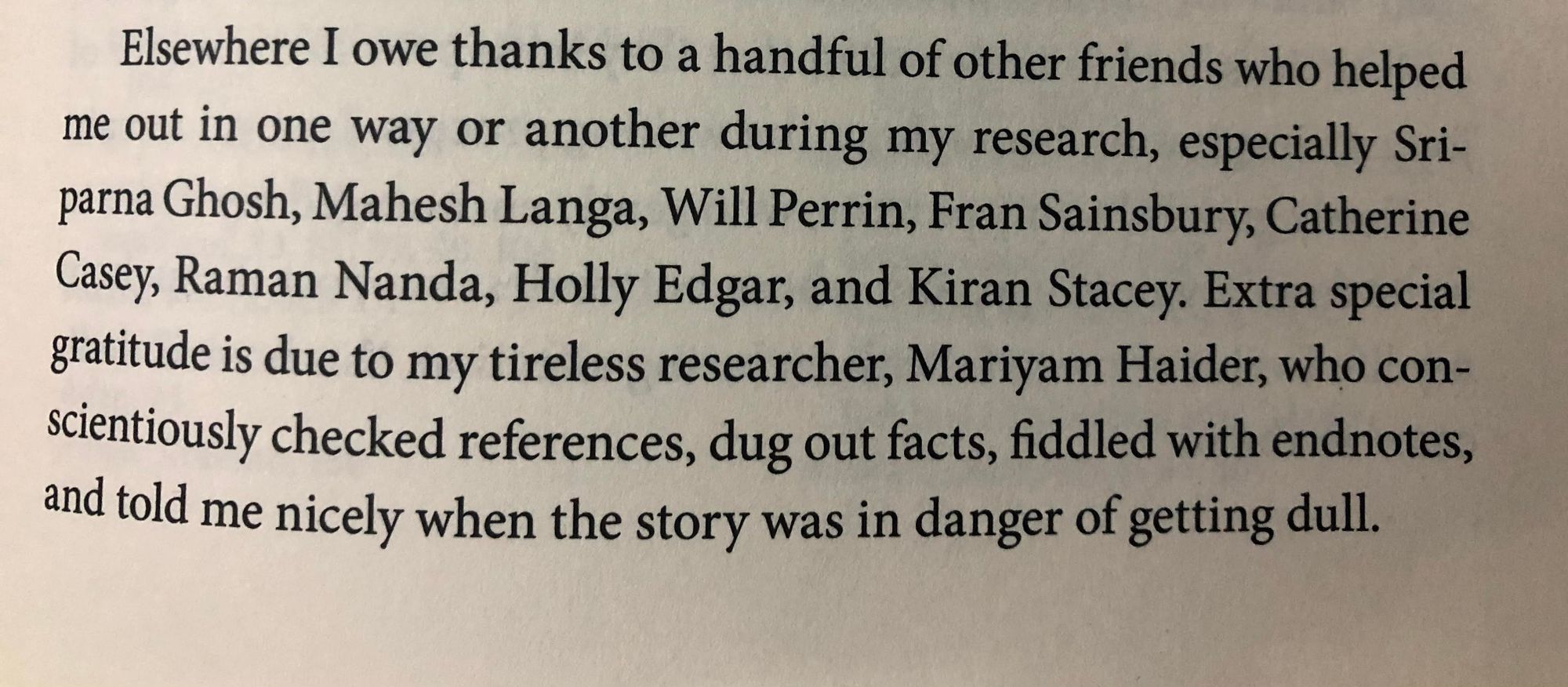Over the course of 2017 - 18, I worked with former Financial Times journalist and bureau chief, James Crabtree on his debut best-seller, The Billionaire Raj.
My primary work as a researcher was to fact-check, copy-edit and proof-read his manuscript. This involved a laborious process of ensuring Crabtree's memory and background knowledge, was well-grounded in facts and details. The book offers a detailed analysis of of Crabtree's personal journey closely studying India's tycoons, who had amassed immense wealth amid rising inequality, and understand how the country's political, economic and administrative machinery supported the rise of these class of billionaires.
I had the opportunity to revisit India's modern history, of the last 30 years, when it emerged at the global economic stage. From being a socialist republic since 1947, India opened its doors to economic liberalisation in 1991. The following years witnessed the rise of billionaires unlike anything India had ever seen. The same years also gave rise to a wealth inequality that continues until date, with India's richest 1% holding over 40% of the country's national wealth. What led to this kind of staggering polarity and how has a nation ensured it continues increasing this inequality, while it remains a low-middle income country? The book successfully answers some of these questions.
Working on The Billionaire Raj was a not just a thoroughly satisfying research-project, but also helped me draw inspiration from Crabtree's writing style and discipline, as he worked closely with a deadline while maintaining an amenable approach to researcher feedback. He often asked me, if a chapter was too long, was interesting enough or not, which parts were better than the rest, or vice-versa. Initially hesitant, soon enough, his questions helped me work on the manuscript not just as a researcher, but also a writer.

Being my first research project on a journalistic non-fiction book, I got to learn up close, the relevance of storytelling and gripping narration required to sustain a reader's interest, at the same time, ensuring they turn the chapter. What kind of information is worthy a reader's time, and which one needs to be given context about (especially with the book being written for a mostly Western audience), was another significant writing lesson, that I picked up during this stint.
There were times when Crabtree would ask me the meaning of Hindi terms like 'lala' and 'bhakt', not in a literal sense but in a more socially-accepted context. It was important to him, that an English-speaking reader, could understand what these everyday terminologies implied and try his best to bring them out in his work.
Towards the end of the project, I had learnt more than anticipated. The Billionaire Raj was positively-received and was awarded the 2018 Tata Lit Live, Business Book Of The Year. It was also shortlisted for the FT-McKinsey Book Of The Year. Later in 2020, it served as a key material for Netflix's Bad Boy Billionaires (Season 1) docu-series.


